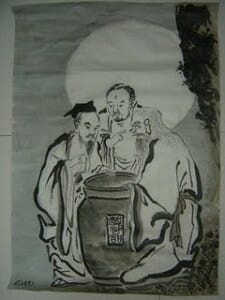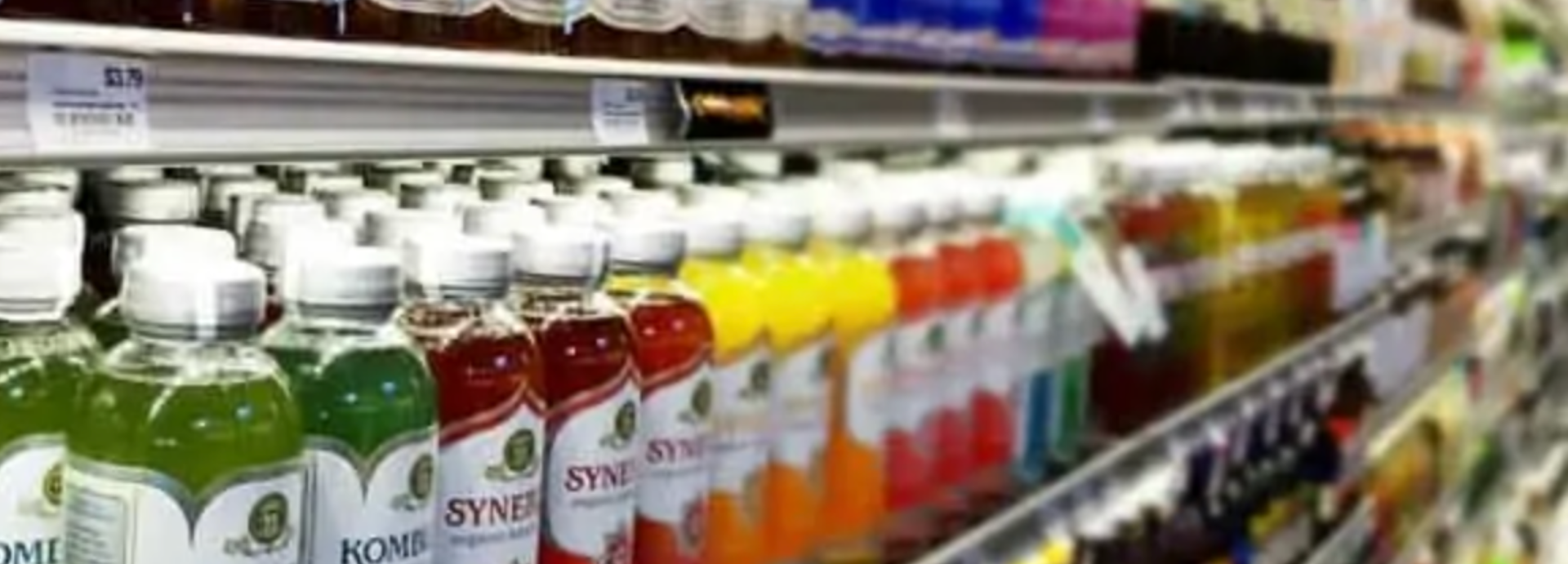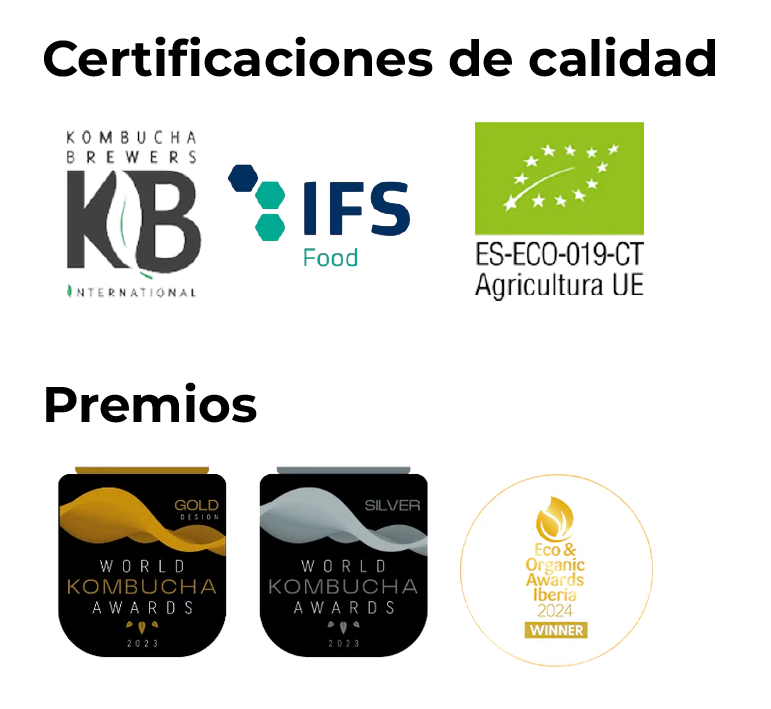
Los orígenes de la kombucha son algo inciertos. Según las primeras referencias escritas, esta bebida fermentada de la que en la actualidad todos hablan, nació en la antigua China, cuna del té, allá por el año 221 a.C. Parece ser que durante la dinastía Han el emperador Qin Shi Tsin, la bebió por primera vez y pudo comprobar sus beneficios. Sin embargo, y dado que el té negro nació muchísimo antes -según está documentado entre1600- 1046 a.C.- podría ser que la kombucha surgiera, de manera espontánea, como unos ocho siglos antes de estar referenciada por escrito. Es algo complicado, pues, conocer la fecha exacta del nacimiento real de la kombucha. El día K, en que se puede decir “fue creada (la kombucha)» es una auténtica incógnita. Más aún cuando sabemos que el emperador Shi Huanghti, sucesor de Qin Shi Tsin y popular por iniciar el proyecto de la Gran Muralla, también fue famoso por suprimir la alfabetización e, incluso, quemar miles de libros que documentaban la historia de esta época.
Refrigerators? No! Time and patience
If finding written references about kombucha is really difficult, it is even more difficult to find images about the preparation of what would be called the "elixir of immortality." But if there is one thing that is clear to us, and not just due to the lack of graphic evidence, it is that the first kombucha makers did not have refrigerators to preserve the kombucha they made . There was no electric current, this is evident. The only ice they had to know about was that which formed naturally during the cold of winter.
Most likely, they made kombucha and stored it in a cool place to consume it at room temperature. In fact, nothing more was needed to make it: time and patience . Two ingredients that our Mun Kombucha also contains.
In summary and to be clear: only a modern kombucha, loaded with sugar, needs cold to control fermentation. The more sugar, the more need for refrigeration. It's that simple.
The fermented teas that we have been making since 2015 at Mūn Ferments meet absolutely all the requirements. They only contain between 0.1 and 1.8 grams of sugar per 100 milliliters, absolutely benchmark values and the lowest of all unpasteurized kombuchas on the market . Of course, and to clarify all doubts, we recommend that once you open it - if you don't finish it - you store it in the refrigerator and consume it within 7 days . The moment you open it, oxygen enters the bottle again. With this, the acetic bacteria are reactivated and the fermentation process begins, so the drink, despite not losing properties, could become more acidic and vinegary.
Don't worry, if this happens to you by accident, you can always use the resulting kombucha to make great recipes . Adding it, for example, to a homemade gazpacho . You'll see, it's quite a discovery.
PS The image that illustrates this article is called The Three Vinegar Tasters . They are Confucius, Buddha and Laozi, author of the oldest book on Taoism. Vinegar is also fermented and we could consider it the 'cousin' of our beloved kombucha.


